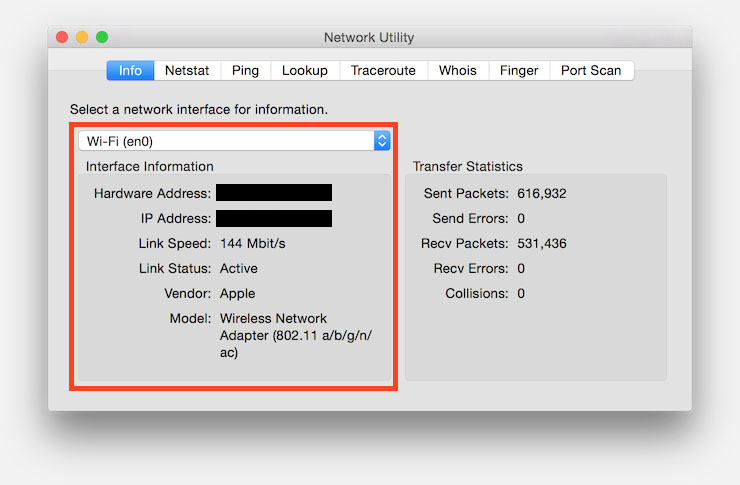
Statistical Software For Mac Os X
LinStats: free statistics software for Linux computers Normally, MacStats only looks at, well, Macs. Some of the screen shots are taken from the Mac side as we set up this page. It must be pointed out that it can be harder to install some software in Linux, because you often have to find a trusted repository that contains the target programs, and is updated properly, and actually works; simply downloading and running and installer is not as common as using package managers. As one example, in trying to install PSPP on Ubuntu, I found the instructions to be out of date and no longer valid (if they ever were); the only way to install it that I could find was downloading the source, and a compiler. Eventually I found a Debian repository that worked and was current, though the description was all in Spanish.
Your choice may come down to what you can actually install and get running. Long-time Linux users may be able to negotiate these issues easily.
Free and promising general statistics software (in no particular order) PSPP: Promising clone of SPSS Current Version: 1.01 (depending on distribution) Listing updated 4/26/2018 that’s interoperable with OpenOffice, LibreOffice, and such — not that they’re required. Movie editing program for mac. It supports practically unlimited cases and variables, works quickly, and has an indexed users manual, which isn’t needed if you’re used to SPSS.
There are official packages for the mainstream Linux distributions, or you can download and compile the source. In the end, it was easy to install via aptitude, from the terminal: sudo apt-get install aptitude sudo aptitude install pspp PSPP is aimed at social scientists, business people, and students, with a convenient, easy to learn interface — which is similar to SPSS. It imports SPSS data files, long variable names, and variable and value labels. PSPP is much faster than SPSS itself; common options are included in some dialogue boxes without the need to dig deeper, another improvement over the original. Development seemed to accelerate in the last few years. On the down side, there are fewer tests and functions than “real SPSS,” as you’d expect given its recent provenance.
Also, while you can copy from the output window, you have to copy whole groups at a time (from the left-hand list, not from the main pane), and the output window copies plain-text, delimited by spaces and pipes, just as SPSS 4 did. That’s not ideal for importing to spreadsheets or word processors, unless you’re really, really good at using BBEdit’s GREP and macro features. There’s also no way to clear anything from the output window; the “recent files” feature doesn’t work; an error message comes up when you quit.
However, the capabilities are impressive, including (but not limited to) graphing, data transformation, crosstabs, tables, various t-tests, ANOVA, regressions, factor analysis, ROC curves, and nonparametric tests. Jamovi Current Version: 0.8x (Mac, Windows, or Linux) Listing updated: 4/2018; program updated 4/2018: A free, open source package, built on top of an R foundation (Thanks, Dr. Kim-Oliver Tietze). Don’t let that put you off: Jamovi uses a simple spreadsheet interface with full graphics, and while it allows you to use syntax, you can also use menus. You can edit via spreadsheet; and your data, analyses, and options are saved in a single file, so others can reproduce your work.